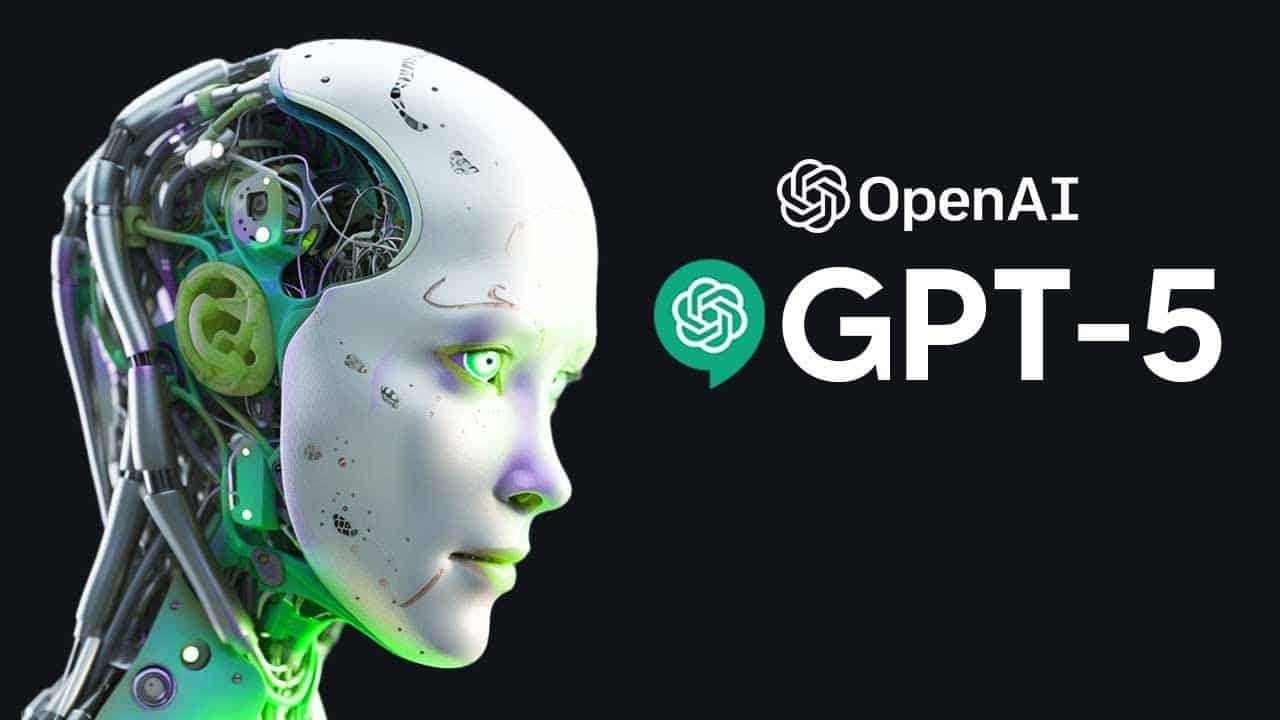Meta, formerly known as Facebook, has made significant strides in the artificial intelligence sector, positioning its AI assistant, developed through its new model LLaMA 2, as a formidable contender in the AI space. Mark Zuckerberg, CEO of Meta, has highlighted the model’s potential, emphasizing its status as the “most intelligent, freely-available” AI assistant currently accessible.
Meta’s Innovative AI Leap
Meta’s LLaMA 2 model represents a leap in AI development, characterized by its open-source nature which contrasts with the proprietary models of competitors like OpenAI’s GPT-4. The openness of LLaMA 2 allows for a wider range of applications and adaptations, catering to various user needs across different sectors. The model, however, is not without its challenges, such as its propensity to generate inaccurate or offensive content—a common issue in large language models.
Strategic Open AI and Infrastructure Enhancement
Furthering its commitment to AI, Zuckerberg announced plans to develop and release an artificial general intelligence (AGI) system. This ambitious project aims to create an AI capable of human-like reasoning and adaptability across all intellectual tasks. To support this, Meta plans to significantly expand its computing power, targeting the integration of around 350,000 Nvidia AI chips by the end of 2024.
Expansion into Multilingual AI Services
In addition to generative models, Meta is expanding its technological frontier to include multilingual capabilities. Their Massively Multilingual Speech (MMS) project supports an unprecedented range of languages, enhancing speech recognition and text-to-speech services across more than 1,100 languages. This initiative not only broadens AI accessibility but also preserves linguistic diversity, a crucial aspect as digital technologies continue to evolve.
Meta’s strategic direction under Zuckerberg’s leadership is clearly focused on leveraging open-source AI to enhance accessibility and functionality. This approach not only fosters innovation within the AI community but also challenges existing paradigms by providing a viable alternative to closed-source AI models. As the AI landscape continues to evolve, Meta’s contributions are poised to have a lasting impact on how AI technologies are developed and deployed globally.
























Add Comment